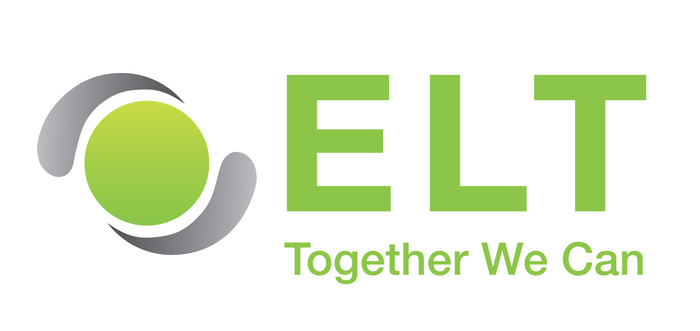Motivation ... must or want - October 2020
I was listening recently to a public health official from Belgium who was describing how they had made such improvements in lowering their Covid infection rates in a short space of time and it set me thinking… He spoke about how they have focussed on ‘want-ivation’ rather than ‘must-ivation’ (his words); ensuring that the argument was won with their community about why certain steps were important rather than simply applying rules and enforcing them. I believe we can apply this to our school and, interestingly, I think we always have here.
Must-ivation
I believe that there are times when students (and staff) need to know that something is the case and that there is little time or need for explanation. This is important to give clarity and for students to know that ultimately some things have to be the case, regardless of their wish and sometimes strong argument for it to be otherwise. There is often little space for negotiation with students and if this were to become the norm then it will undermine the adults in the school and could lead to a sense of entitlement in some that would be corrosive rather than enabling.
However, if schools and the adults within them rely too strongly on rules, sometimes because they can rather than they should, I believe that paradoxically it can be undermining too. There can become a constant yearning for consistency in boundaries which, while obviously helpful, can become an end in itself. In the short term we can appear unreasonable, inflexible and lose our focus on the vast range of different situations that children come from and are thrust into. I also see the long-term effect can be that when the enforcer of the boundaries is not present, either in school or wider society, some of those subjected to them will do as they wish as they do not believe in, or see the reason for, working as a community for a shared end.
Want-ivation
Things are much more powerful when must-ivation is supported by a deliberate explanation of the concepts behind why we do what we do to create what my Belgian speaker called ‘want-ivation’. This takes more time, needs subtlety and nuance, and even occasional re-calibration of our corporate standpoint. It needs students to have the ‘why’ explained to them, the argument to be won and the reasoning to be sound and secure. This approach leads to students who have greater ownership of their actions and tend to follow our expectations, even when no adult is present. Of course, this still needs enforcement yet this is generally phrased around the school’s corporate expectations and how falling short is damaging relationships rather than breaking a rule. Students still fall short– they need to learn – but the conversation is very different.
This absolutely aligns with our foundation as a church school, grounded in the example and teachings of Jesus and the tenets of the Anglican church. Jesus was constantly asked for his judgement on this scenario or that, how to apply rules to the way people lived and contradictions in his example were sought. Yet I believe one of the most powerful messages he gave when pushed about the requirements of living was simply to ‘love God, and love your neighbour as yourself’. Super simple, yet an incredible challenge too. Loving our neighbour, which is explained as those who we don’t like as well as those we do, is the ‘want-ivation’ we seek to build in our children. Occasional use of ‘because I have said so’ is necessary, but the thrust of our conversations are about the effect each of us has on our fellow members of the community; immediate, local, national and global, and that this can either be positive or negative. Note that this doesn’t overlook the needs of the individual, we should be positive and ambitious, rather it simply gives them equality with all others.
If we focus on the ‘want-ivation’ and reduce over reliance on ‘must-ivaton’, then perhaps we can lose the self-centred trend in society, the polarisation of views and the way corporations often defend their actions with ‘we didn’t break any rules’. At this time of Covid challenge and all the realignment that the future will need, this would be a welcome step.
Mike Boddington
5 October 2020
